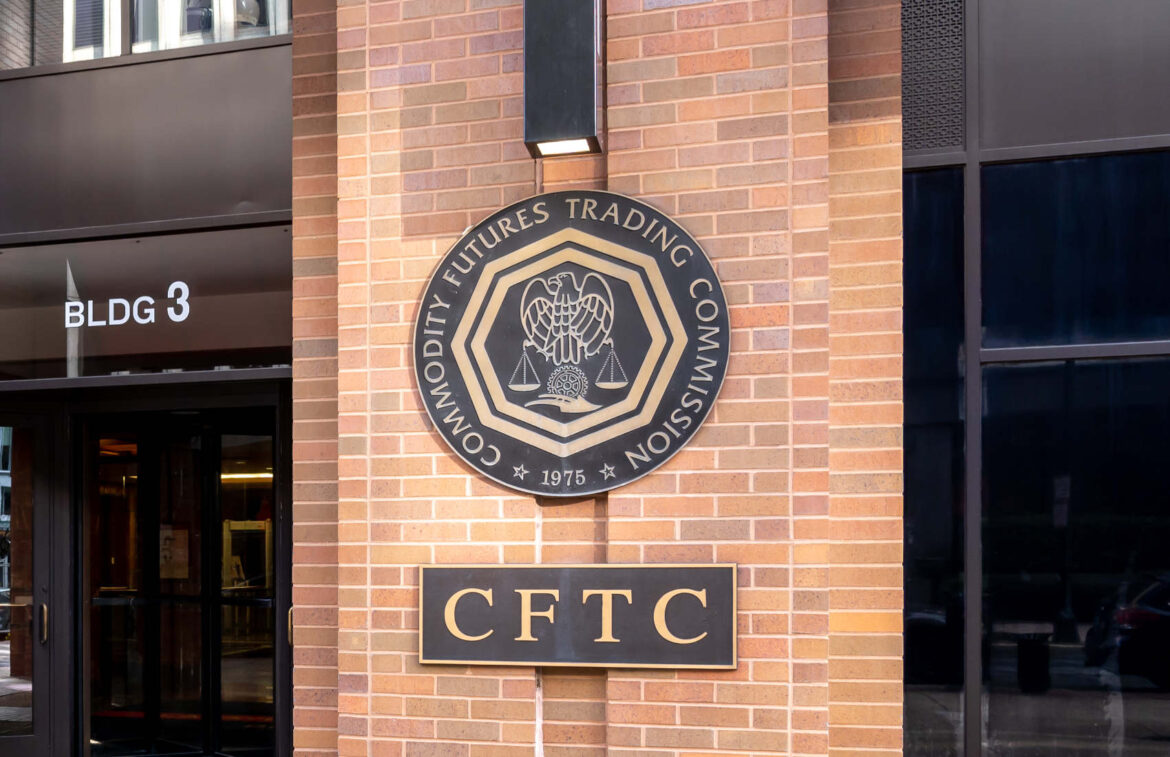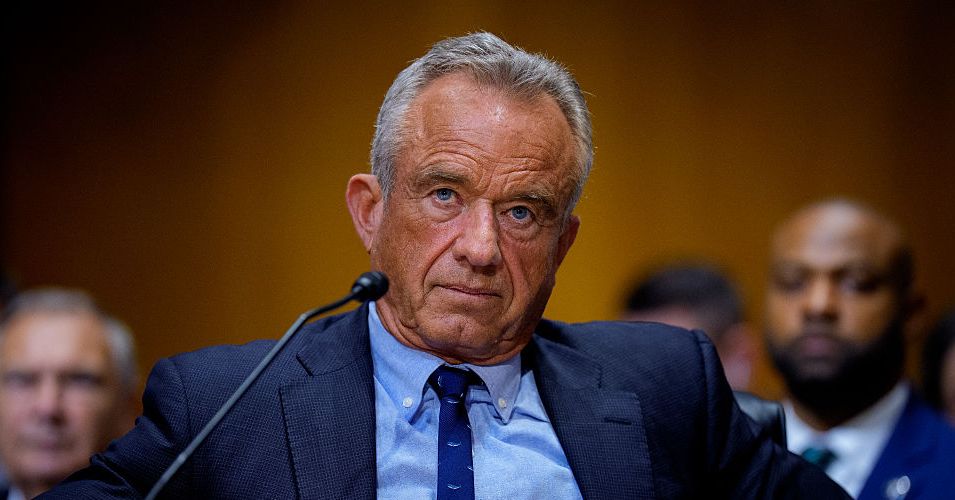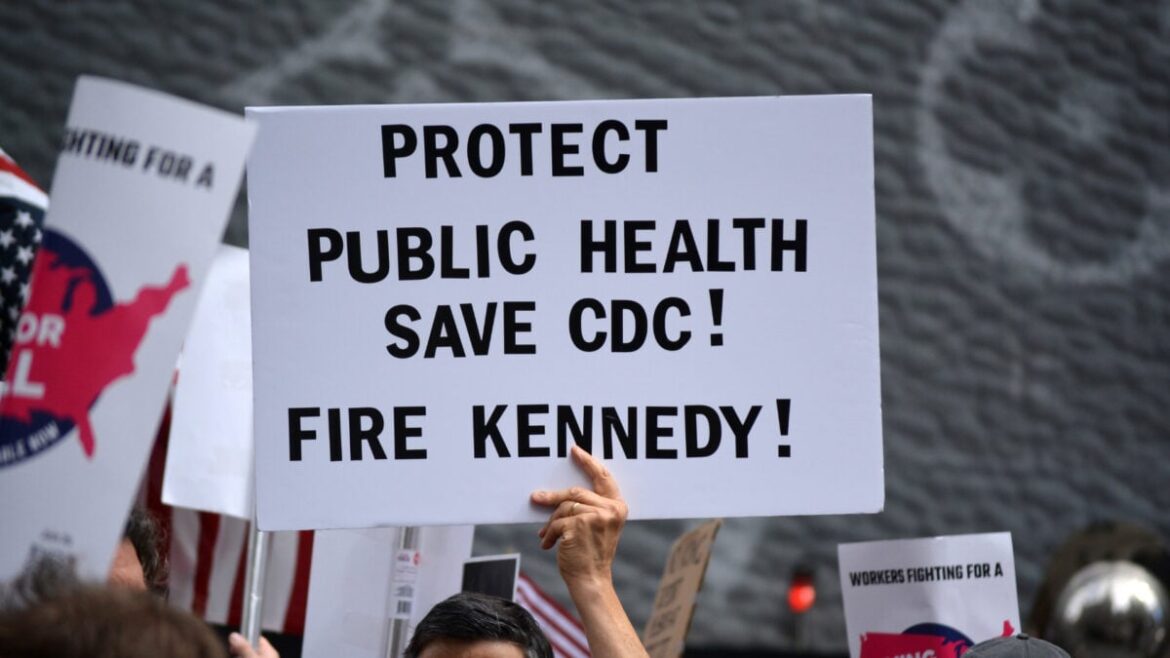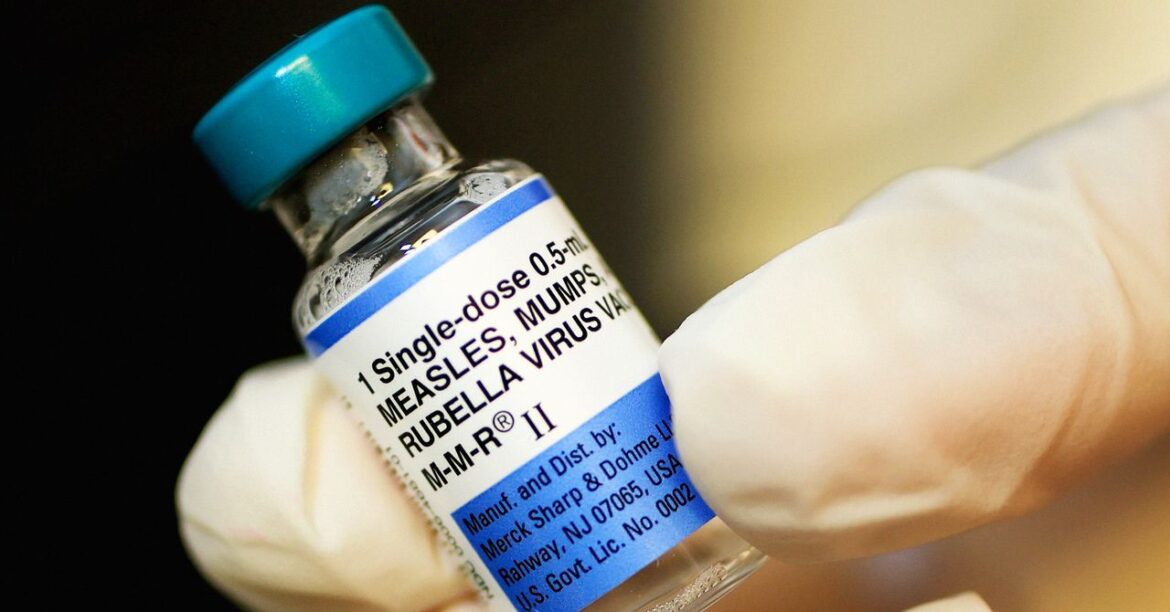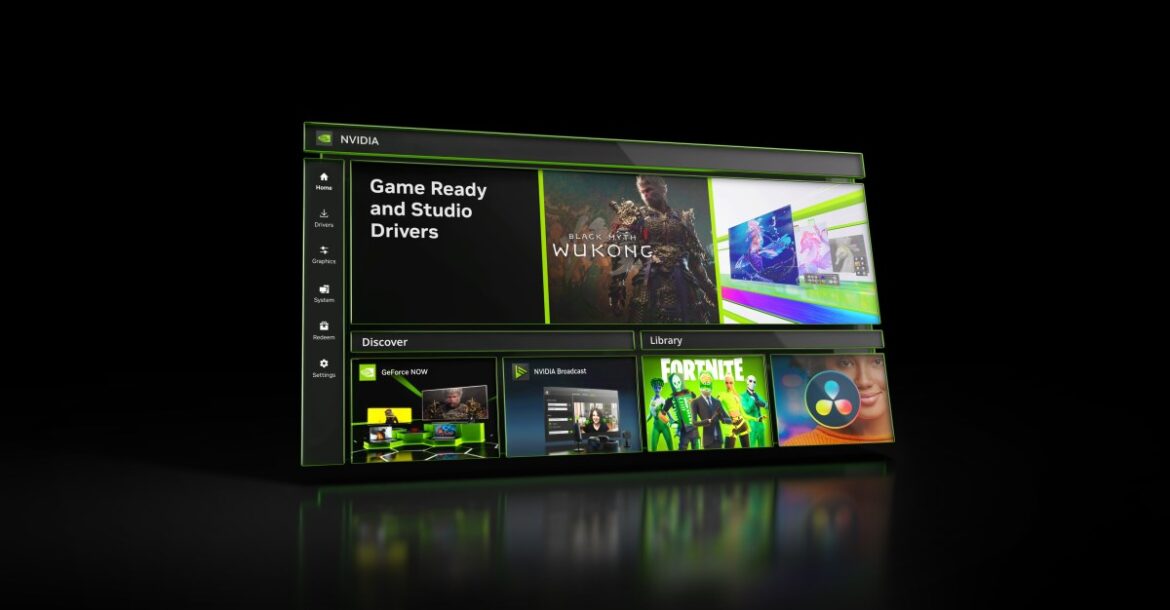NASA aims to return astronauts to the Moon by mid-2027—a feat that would fulfill a decade of preparation. The agency may have to extend that timeline even further, however, as slow progress on SpaceX’s lunar lander threatens to delay the Artemis 3 mission.
During a public meeting on Friday, members of the Aerospace Safety Advisory Panel warned that the Human Landing System (HLS) version of Starship could be “years late,” SpaceNews reports. The panel reached that conclusion following a visit last month to SpaceX’s Starbase facility in Texas.
“The HLS schedule is significantly challenged and, in our estimation, could be years late for a 2027 Artemis 3 Moon landing,” said panelist Paul Hill, former director of Mission Operations at NASA.
Another Artemis delay—so what?
Putting American boots back on the Moon is a top priority for NASA. With a new space race underway, global powers including the U.S., China, and Russia are vying for a first-mover advantage.
Whoever reaches the lunar surface first will be able to set certain ground rules about who can do what and where. This would not only reinforce that country’s influence on the Moon and in space but also give it strategic leverage as military operations increasingly depend on space-based assets.
“This is a pivotal moment for our nation’s space program,” said Senate Commerce Committee Chairman Sen. Ted Cruz (R-Texas) during a hearing on legislative priorities for NASA earlier this month. He went on to emphasize that space has become a “strategic frontier with direct consequences for national security, economic growth, and technological leadership.”
How did we get here?
In 2021, NASA contracted Elon Musk’s SpaceX to build a version of Starship capable of landing astronauts on the Moon. At that time, the agency aimed to accomplish a landing by 2024, but that target date has been pushed back in recent years.
Development of Starship HLS has slowed significantly as SpaceX has struggled with repeated explosive failures this year. While Starship’s most recent test flight on August 26 was a success, unmet technical milestones have piled up.
One major issue is demonstrating the cryogenic propellant transfer needed to refuel Starship in low-Earth orbit before the rocket heads to the Moon, Hill said during the Friday meeting. Developmental delays for Starship 3—the first iteration capable of in-orbit fuel transfers—have slowed progress toward this goal.
Hill also pointed to potentially competing priorities for SpaceX between Starlink and Starship HLS, SpacePolicyOnline.com reports. Starship 3 will be integral in launching the third generation of Starlink satellites while simultaneously creating the on-orbit fuel depots and lunar lander for Artemis 3.
“The next six months of Starship launches will be telling about the likelihood of HLS flying crew in 2027 or by the end of the decade,” Hill said.
Despite these concerns, the panelists emphasized that SpaceX is still the only launch provider for the job. “There is no competitor, whether government or industry, that has this full combination of factors that yield this high a manufacturing and flight tempo, with their direct effects on reliability increases and cost reduction,” Hill said.
The downside to relying on SpaceX, however, is clear: Without a launch-ready Starship HLS by 2027, Artemis 3 won’t get off the ground on time.
Back in 2023, NASA selected Jeff Bezos’s Blue Origin to provide a second lunar lander, dubbed Blue Ghost, to be used during the Artemis 5 mission later this decade. The contract is worth $3.4 billion and includes a development team consisting of Lockheed Martin, Boeing, Draper, Astrobotic, and Honeybee Robotics.


